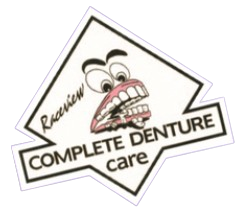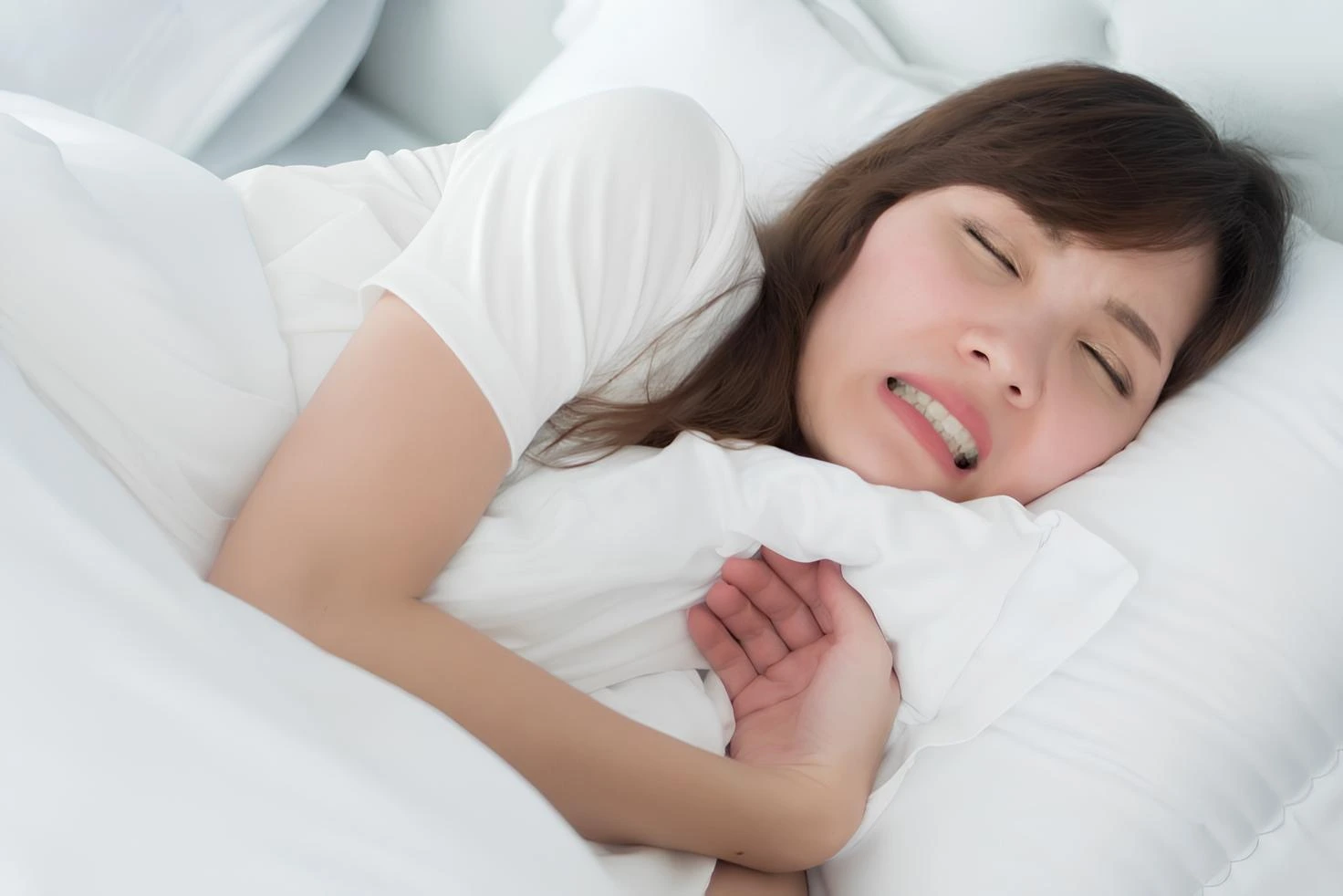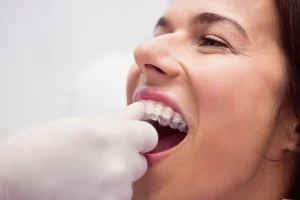Waking up with a sore jaw, sensitive teeth, or a dull headache might seem like a small inconvenience, but these can be early signs of teeth grinding at night. Known as bruxism, this condition often goes unnoticed because it happens while you sleep. For many people in Ipswich, the first clue comes from a partner hearing the grinding sounds or from unexpected dental wear pointed out during a routine check-up. Left untreated, it can damage teeth, strain jaw muscles, and even affect the quality of your sleep.
Understanding why this happens is the first step towards relief. Stress, disrupted sleep patterns, and even certain medications can all play a role. If you’ve ever wondered, “Why do I grind my teeth at night?”, you’re not alone; it’s a common issue that dentists frequently encounter. The good news is, there are practical and effective solutions available locally.
One of the most effective options recommended by Ipswich dentists is a custom night guard. Unlike generic store-bought guards, a professionally fitted device offers comfort, durability, and precise protection against grinding, giving you both healthier teeth and a more restful night’s sleep.
Teeth Grinding at Night: Why It Happens
For many Ipswich patients, teeth grinding at night (bruxism) feels like a mystery. Why does it happen while you sleep, and why does it keep coming back? The truth is, bruxism is rarely caused by just one factor. Instead, it usually develops from a combination of physical, emotional, and lifestyle influences. It’s often caused by stress or anxiety. Common triggers include:
- Stress and Anxiety: Emotional tension is the most common culprit. Busy days and worries can carry over into sleep, tightening your jaw muscles.
- Stimulants: Caffeine, alcohol, or nicotine in the evening can amp up the tendency to grind. These substances excite the nervous system when it should be winding down.
- Sleep Disorders: Snoring, sleep apnea, or other sleep disruptions often coincide with grinding. Pauses in breathing at night can reflexively trigger jaw clenching.
- Medications: Some prescription drugs (such as certain antidepressants) and recreational stimulants have been linked to bruxism.
You might not realise it’s happening. Many grinders only learn of the habit because a partner hears the teeth clenching at night. Pay attention to morning jaw soreness; it can be the first clue.
Signs and Symptoms of Teeth Grinding
Catching bruxism early can prevent serious damage. Watch for:
Morning Jaw or Facial Pain: Waking up with a sore jaw, facial aches, or a headache is a classic sign. Your jaw muscles have worked overtime all night, similar to having over-exercised them.
Damaged Teeth: Look for flattened or chipped teeth, cracks, or unusual wear patterns on enamel. Grinding can slowly sand down tooth surfaces, increasing sensitivity or pain.
Jaw Joint (TMJ) Problems: Chronic grinding can strain your jaw joints, causing pain, earaches, or stiffness. You might hear clicking or have difficulty opening wide.
If these signs are familiar, get help before more damage occurs. Severe bruxism can ultimately crack teeth and undo dental work, so it’s wise to address it promptly.
Common Teeth Grinding Solutions
A key strategy is protecting your teeth while addressing underlying causes. Custom-made night guards are often a first line of defence. This clear dental appliance fits snugly over your teeth and works like an athlete’s mouthguard: it absorbs grinding force so your enamel doesn’t wear away. Worn nightly, a guard can instantly safeguard your smile as you tackle the root triggers of grinding.
A transparent dental night guard resting on a table; it cushions teeth to protect against grinding. In addition to wearing a night guard each night, combining multiple strategies is best. For example, managing stress, improving sleep habits, and addressing jaw pain together helps break the cycle. Below are some key tactics:
- Stress Management: Since stress is a major trigger, try counselling or relaxation techniques (like meditation) to ease daytime tension. Even simple breathing exercises or a warm shower before bed can relax your jaw muscles.
- Healthy Sleep Routine: Establish calming pre-sleep habits. Go to bed at a consistent time in a dark, quiet room, and engage in a relaxing activity (reading, gentle stretches). Good sleep hygiene helps reduce grinding episodes.
- Avoid Stimulants at Night: Cut out caffeine, alcohol, and tobacco in the hours before sleep. These keep your nerves and muscles keyed up when they should be winding down.
- Jaw Exercises: Gentle jaw stretches can relieve tension. Try slowly opening and closing your mouth several times, or moving your jaw side to side. Massaging the sides of your face can also help relax chewing muscles.
- Dental Check-Up: Let your dentist repair any existing tooth damage and evaluate your bite. Balancing your bite or fixing cracks and chips can reduce grinding pressure and discomfort.
- Medical Check-Up: If stress or certain medications might be factors, talk to your GP. They can review your health, adjust medications, and refer you to a sleep specialist.
Using several of these approaches together usually gives the best results. Treating both mind and mouth, for example, wearing a mouthguard while learning to manage stress, is often the winning combination.
Best Night Guard Options to Stop Teeth Grinding
Not all night guards are the same. Below is a quick comparison of the main types:
| Type of Night Guard | Description | Pros | Cons |
| Custom | Made from a precise dental mold (hard acrylic). | Excellent fit and durability. Tailored to your bite for maximum comfort and protection. | Higher cost and requires a dental visit. It may take a few nights to adjust. |
| Boil-and-Bite | Soft plastic that you mold yourself after heating. | More affordable and better fitting than generic guards. | Bulkier feel. Fit is only approximate, so protection is lower than a custom guard. Wears out faster. |
| Stock | Pre-formed guard sold over the counter. | Cheapest and ready to use immediately. | Often ill-fitting and uncomfortable. Minimal effectiveness, can shift or cause gagging. |
For most people, a custom dental night guard is the best choice. It’s built for your mouth and will withstand heavy grinding. Over-the-counter guards are a reasonable short-term fix for mild bruxism, but serious grinders usually benefit most from a professionally made guard. Ask your Ipswich dentist which option suits you.
Lifestyle and Self-Care Tips
In addition to dental devices, everyday habits can ease bruxism. Treat your jaw like any other muscle that needs rest:
- Warm Compress: Apply a warm towel or heating pad to your jaw muscles before bed to relieve tension.
- Sleep Position: Try sleeping on your back with a neck pillow, or on your side with a supportive pillow. Proper neck alignment can reduce jaw strain and even improve breathing.
- Evening Calm: Avoid screens or stressful activities right before bedtime. Engage in a calming ritual (soft music, gentle breathing, or light reading) to signal to your body that it’s time to wind down.
- Jaw Stretches: Each evening, gently open your mouth wide, hold for a few seconds, then relax. Repeat several times. This simple routine keeps your jaw muscles relaxed and flexible.
Over time, these self-care steps help reset your body’s sleep response, making grinding less likely. When combined with a mouthguard and professional advice, they can turn restless nights into restful sleep.
When to See a Professional
While mild teeth grinding may go unnoticed for a while, there are clear signs that it’s time to seek help from a dental professional. If you wake up with frequent headaches, jaw stiffness, or notice chipped and worn-down teeth, these are strong indicators that teeth grinding at night is affecting your oral health. Left untreated, bruxism can lead to serious issues such as cracked teeth, gum recession, or even temporomandibular joint (TMJ) disorders.
For Ipswich patients, seeing a dentist is especially important if their symptoms persist despite lifestyle changes like reducing stress or limiting caffeine. A professional can properly assess whether you need a treatment plan, which may include a custom night guard. Unlike generic options, a custom-fitted guard is designed specifically for your bite, offering comfort and effective long-term protection.
Early intervention not only prevents further damage but also improves your quality of sleep and overall well-being. If you suspect teeth grinding, don’t wait for your symptoms to worsen; consult your local Ipswich dentist and explore the right solutions tailored to you.
Conclusion
Teeth grinding at night may seem like a harmless habit, but over time, it can lead to lasting damage to your teeth, jaw, and even your quality of sleep. Understanding the causes, from stress to misaligned bites, is the first step in taking control of your oral health. Once you know the triggers, it becomes easier to choose practical solutions that protect your smile.
For many Ipswich patients, a custom night guard is one of the most effective ways to manage bruxism. Unlike store-bought alternatives, a professionally fitted guard offers comfort, precision, and durability, making it a long-term investment in both your dental health and peace of mind. Pairing this with lifestyle adjustments and regular dental check-ups ensures your teeth remain healthy and your nights restful.
If you’re noticing signs of grinding, don’t wait for the damage to worsen. Reach out to us, a trusted denture clinic in Ipswich, and explore tailored solutions that keep your smile strong and your sleep undisturbed. A custom-fit mouthguard could be the small step that makes a big difference, protecting your teeth while helping you enjoy more peaceful nights.
FAQs:
Why do I grind my teeth at night?
Teeth grinding at night, or bruxism, often happens due to stress, anxiety, or poor sleep quality. Other causes include an uneven bite, certain medications, and lifestyle habits such as excessive caffeine or alcohol consumption. Identifying the cause is the first step toward proper treatment.
Can teeth grinding damage my teeth permanently?
Yes, untreated bruxism can lead to serious dental problems, including enamel wear, fractures, gum issues, and even temporomandibular joint (TMJ) disorders. Over time, the damage may be irreversible, which is why early intervention with treatments like a mouthguard is recommended.
How can I naturally stop teeth grinding?
You can try reducing stress through relaxation techniques, maintaining a regular sleep routine, and avoiding stimulants before bedtime. While these steps may help, they may not completely prevent grinding. Many patients benefit most from professional solutions such as a custom mouthguard.



